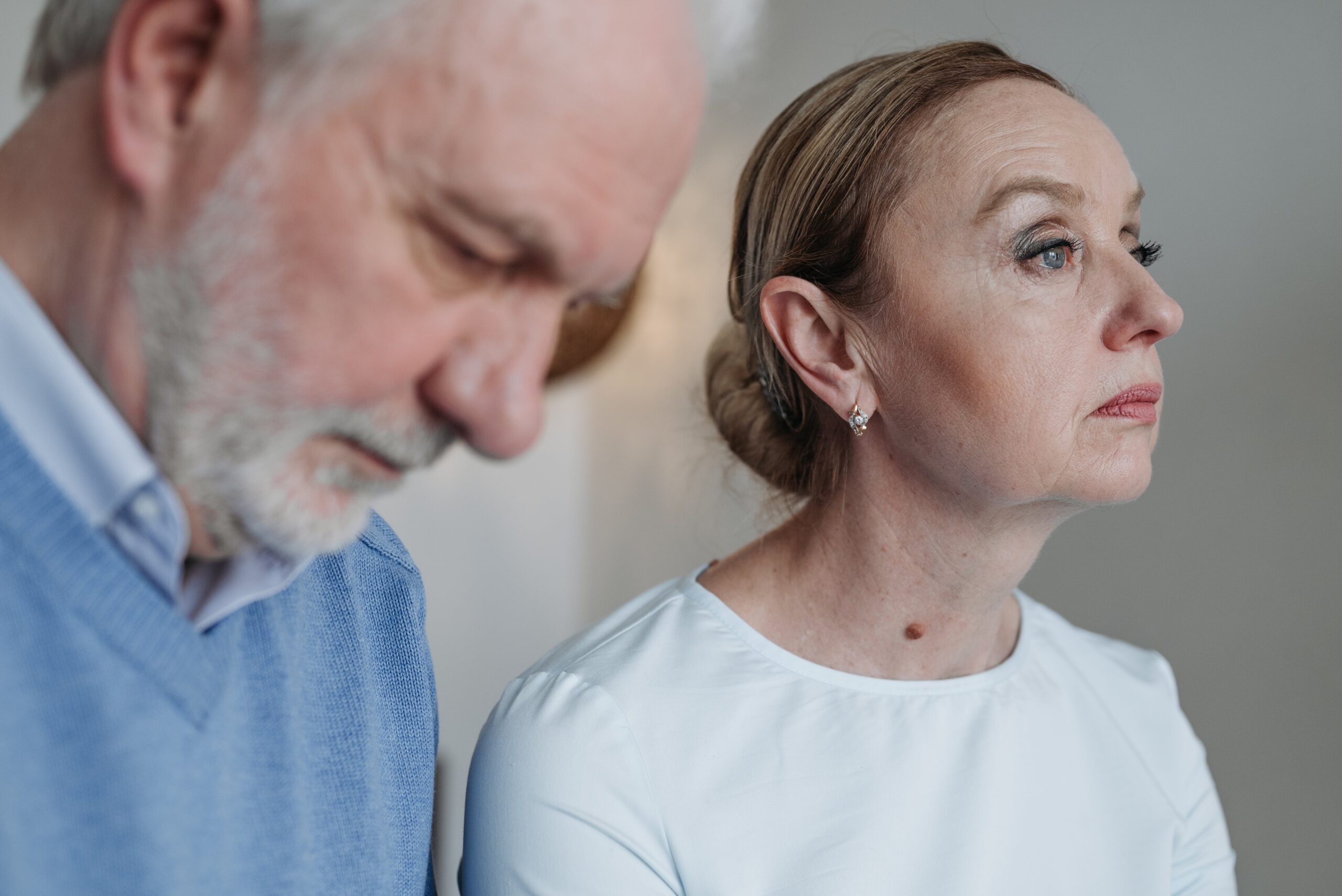Grief is a physical, emotional, spiritual and psychological response. Time is an important aspect of grief.
The process of grief
You may have heard of the ‘Five Stages of Grief.’ They are:
- Denial
- Anger
- Bargaining
- Depression
- Acceptance.
While grief is categorised into several stages, people experience it in different ways. Therefore, it may be helpful to consider what might happen to you without needing to worry about whether you’re doing it right.
Some typical reactions to losing a loved one
Everyone experiences grief differently. If you don’t experience any of the following, or any of the following in linear description, as per the below, that’s okay.
The first day
People who experience grief may encounter the following on their first day:
- Shock
- Numbness
- Emotional responses (they’re designed to protect you from knowledge)
- Physical responses (they stimulate the necessary bodily chemicals which help you survive intense situations).
On the first day of grief, some people report not feeling anything and are unable to express their feelings. Loss impacts everyone differently. Those who do experience feelings could feel:
- Numbness
- Intense anger
- Guilt
- Disbelief
- Confusion
- Loss of appetite
- Nausea
- Restlessness
- Agitation
- Concentration lapses
- Memory loss
- Headaches
- Neck and back pain
- Sleeplessness.
The third day
The third day of the grief process is often a significant time for people. Again, people experience and process feelings differently. Though for most, this day is when reality begins to sink in, causing increasing pain, confusion and disbelief.
The seventh day
Often, by this time the funeral is over, and relatives and friends have gone away to get on with their own lives. At this point you can be suddenly overwhelmed by reality and loneliness. Feelings of sadness can come ‘out of the blue,’ leaving you feeling desperate and crying out for relief.
Four to Six Weeks
By this stage, pain doesn’t necessarily worsen for most people. However, people will find that their body’s protective mechanisms start to wear off.
If you’re at this stage of the grief process, you might find that you’re wanting to hold onto old habits that bring you love and comfort, yet feel despair as you feel like you need to let go.
Gradually you may become used to the intensity of the pain. The time between peaks of pain may start to increase, giving you some relief. Initially this may only last minutes, but gradually it will become days, then at some point weeks, months and years.
You may never ‘get over’ the death, but you’ll learn to live with the absence of the person you love.
Anniversaries and special dates
Special dates that may cause intense pain include:
- Birthdays
- Wedding anniversaries
- Anniversaries of the person’s death
- Christmas.
Throughout the first year, grief comes in ‘waves.’ Time gradually increases between the ‘waves’ (sometimes only by minutes) but the intensity is just as great.
On the anniversary of death, some people experience a physical response which is like hearing the news of death. Some people experience headaches, back pain or cold and flu-like symptoms.
It’s important to prepare yourself for these difficult days and plan how you will spend them and often with whom. You may want to be alone, have someone ‘on call’ or be with company. It’s up to you.

Something important to remember is:
Grief is a natural process
Therefore, allow it to be ongoing and try not to stop the process. Allow the process to take care of itself and of you. Work hard at not putting yourself down because you’ll be having mixed feelings (including confusion).
It’s natural to:
- Experience physical symptoms of distress
- Become pre-occupied with your loss
- Experience a sense of guilt
- Be hostile and experience an inability to return to usual activities
- Feeling numb
- Feeling stunned at times when things don’t feel real
- Struggle with concentrating
- Feel like the world is unreal and causing you to feel drained
- Thing you have no feelings left
- Feel unmotivated to not want to do things
- Feel like nothing is certain anymore.
It’s important for people experiencing grief and loss to accept that they’re the only ones who can know how they feel, and they are also the only ones who can decide what is their own best way of expressing that pain and loss.
If you are grieving and feel like staying in bed for a few days, staying with a friend or being alone for a while – you’re entitled to do it. You’re in charge of handling your grief and loss in whatever way feels right for you.
Need support?
If you need more support with your mental health and wellbeing, Anglicare Southern Queensland provides a range of counselling services to assist you with those needs. Our services are designed to provide clients with support to identify their strengths, develop a sense of self-reliance, resilience and independence. For more information, please visit our Counselling page.